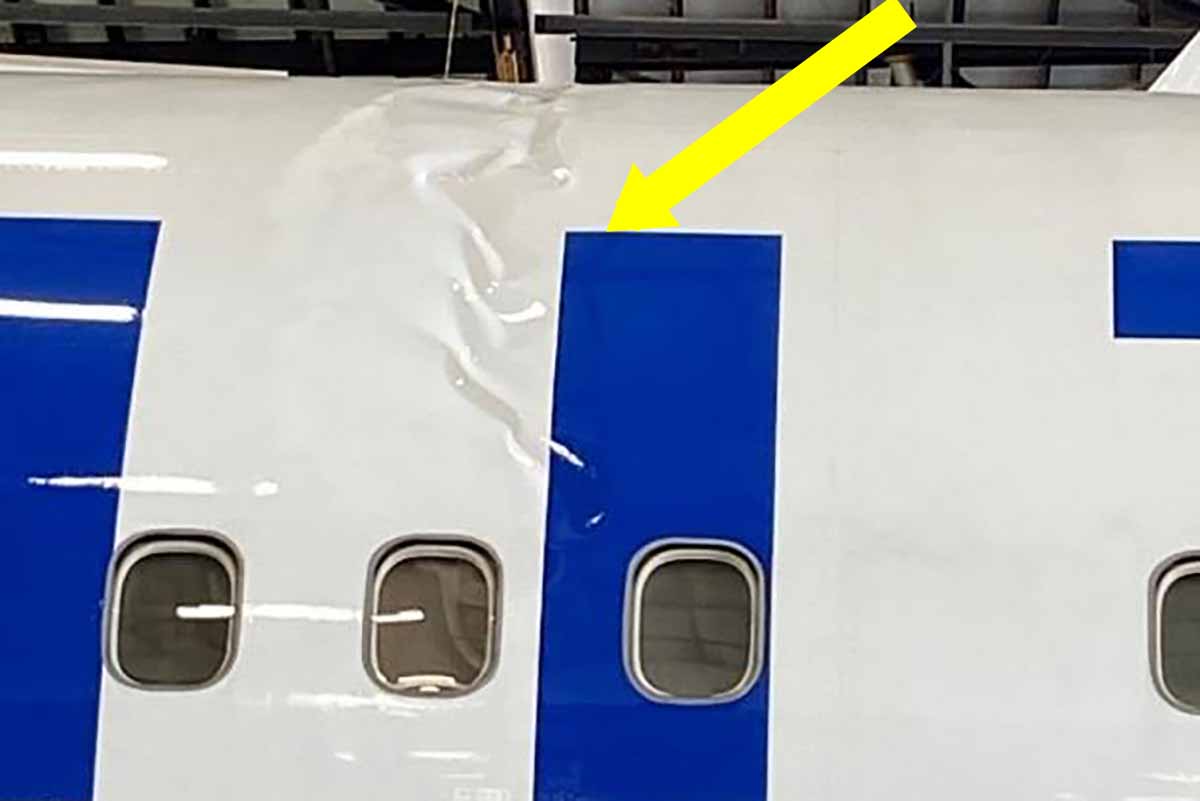Hard Landing by United Airlines Boeing 767: NTSB Points to Pilot Error
The National Transportation Safety Board (NTSB) concluded that a hard landing by a United Airlines Boeing 767-300 in Houston was caused by improper control inputs by the first officer. The incident, which occurred on July 29, 2023, resulted in significant fuselage damage to the aircraft
A final report from the National Transportation Safety Board (NTSB) determined the cause of a hard landing that occurred on July 29, 2023. The incident involved a United Airlines Boeing 767-300 at George Bush Intercontinental Airport in Houston and was attributed to improper control inputs by the first officer.
United Flight 702, which departed from Newark Liberty International Airport en route to Houston, proceeded without issues until the final approach. However, during landing, the aircraft encountered problems due to an incorrect configuration of the spoilers, which failed to deploy properly upon the first runway contact.
According to reports from our associated outlet Aeroin, the first officer claimed to have maintained back pressure on the control column during the initial landing. However, flight data revealed forward inputs were also made, resulting in an initial impact with a force of 1.4G.
Subsequently, when the thrust reversers were activated, the spoilers deployed automatically, but the aircraft experienced a second bounce with an even greater force of 1.6G, causing significant structural damage to the fuselage.

Background of the First Officer
The pilot had been hired in February 2023 and had logged 3,001 flight hours, but only 129 hours on the 767 model. Additionally, their performance in prior evaluations had been unsatisfactory, leading to additional supervision under a “short cycle” program requiring a new evaluation within 90 days instead of the standard nine-month period.
The NTSB noted that the pilot's actions during the landing did not comply with United Airlines’ operational procedures or training standards.

/https://aviacionlinecdn.eleco.com.ar/media/2023/09/United-Boeing-767-300ER.jpg)
Para comentar, debés estar registradoPor favor, iniciá sesión